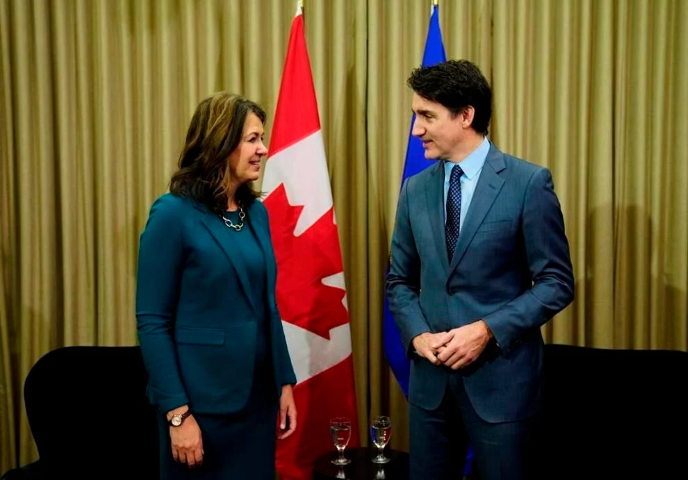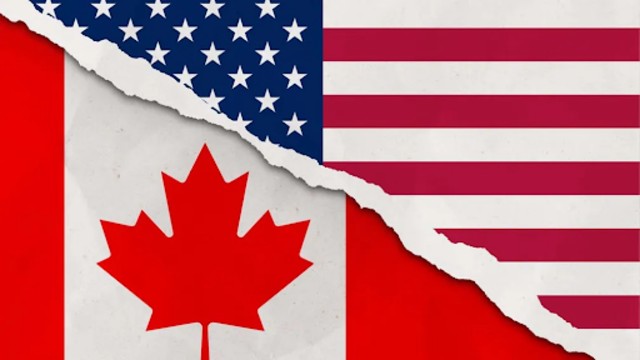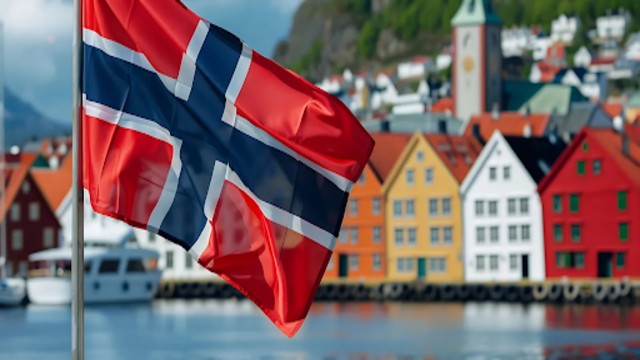
The Alberta government is asking the federal government for more control over provincial immigration.THE CANADIAN PRESS/Todd Korol
Alberta Premier Danielle Smith has raised concerns over federal immigration limitations, stating they hinder the province's capacity to address labor shortages, stimulate economic growth, and assist Ukrainian refugees fleeing conflict.
Smith called on Prime Minister Justin Trudeau's government to double Alberta's allotments under the Provincial Nominee Program to 20,000 immediately, with an additional 10,000 spots allocated specifically for Ukrainian evacuees. According to Smith, Ottawa has granted Alberta 9,750 slots for 2024, a number deemed insufficient given the circumstances and needs of the province.
Speaking to reporters in Edmonton, Smith emphasized the importance of providing newcomers with long-term stability and certainty, expressing frustration with Ottawa's interference in provincial jurisdiction. She urged Ottawa to allow Alberta the autonomy to grow its economy, which would ultimately benefit the nation as a whole, while simultaneously fulfilling its humanitarian duty to assist those displaced by the Russian invasion of Ukraine.
With an influx of 57,000 Ukrainian refugees arriving in Alberta since the conflict began, Smith stressed the province's commitment to welcoming more individuals seeking sanctuary from the chaos and danger in their homeland.
The Provincial Nominee Program, overseen by Immigration, Refugees and Citizenship Canada, nominates individuals for permanent residency in Alberta based on their skills to fill job shortages or plans to start businesses. However, final decisions on permanent residency applications rest with the federal government.
In her letter to Trudeau, Smith criticized the sudden imposition of the 9,750 allotment without prior notice, highlighting that approximately 90% of Ukrainian refugees in Alberta are expected to seek permanent residency. She argued that the limit imposed by Ottawa contradicts Alberta's role as the economic engine of Canada, particularly as the province leads the nation in net employment growth.
Smith asserted that the federal government's decision represents a departure from previous commitments and undermines Alberta's efforts to diversify and expand its economy. She emphasized the urgent need for Ottawa to reconsider its allocation decisions to align with Alberta's economic priorities and humanitarian obligations.
While the federal Canada-Ukraine Authorization for Emergency Travel program concluded last summer, visa holders have until the end of the month to enter Canada. Immigration, Refugees and Citizenship Canada has encouraged those wishing to remain in Canada to apply through regular immigration channels, despite concerns over eligibility criteria.
In response to Smith's call for increased allocations, Immigration, Refugees and Citizenship Canada stated that allocation decisions are made annually by the minister in consultation with provinces and territories. The statement emphasized that allocation increases are regularly requested by provinces and considered alongside other factors.
Smith's advocacy underscores the complex intersection of economic priorities and humanitarian concerns in the context of immigration policy. As Alberta navigates labor shortages and provides refuge to Ukrainian refugees, the province seeks greater autonomy to shape its immigration strategy in alignment with its economic and humanitarian objectives.















